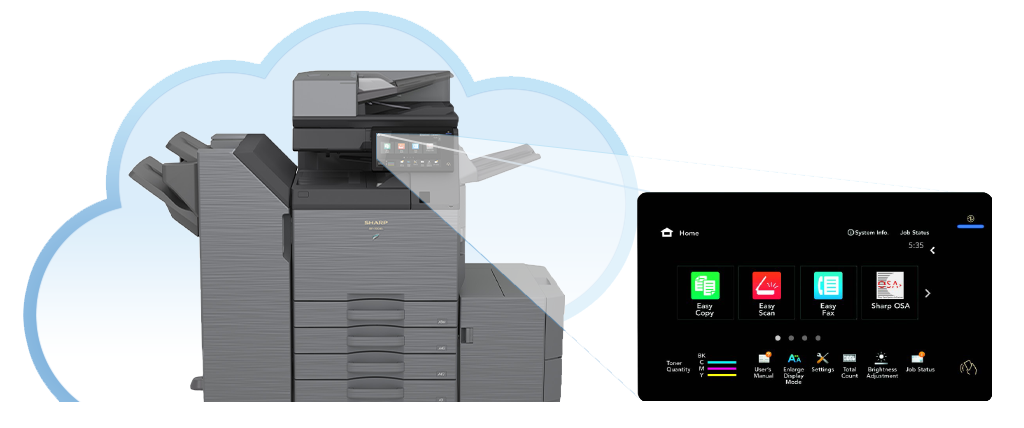
As more businesses transition to a more digital operational environment, the need to protect data is escalating. And, while over half of small businesses claim it would take them three months to recover from a disaster, over 75% of them don’t have a disaster plan in place. And that’s unfortunate since downtime can cost companies up to $300,000 per hour.
Even businesses that conduct manual data backups may find their data is at risk, since up to 60% of all data backups are incomplete. Incomplete backups can result in some of your most critical information becoming lost in the event of a disaster — natural or man-made.
Data Backup is Critical — So Here is What You Should Know
Backups are the best way to ensure you can recover your important information in the event of a cyberattack, physical theft, natural disaster, or accidental loss. To ensure you have a holistic approach to backups that provides visibility across your entire data environment — from endpoints to cloud applications to data centers and more — you must have a solution that takes each of these elements into consideration.
Doing so will ensure that your employees have access to the data they need to do their jobs, whether they are working from home, on the road, or in the office. And, you will have the peace of mind in knowing that your company is compliant with any necessary security and data privacy regulations and standards. Here’s what you need to know:

Best Practices for Backing Up Your Data
Here are some of the best ways to ensure your data is properly backed up, particularly if you are supporting a remote or hybrid workforce:
Assess your existing data: Before you design a disaster plan or backup and recovery strategy, first review and assess your current data architecture. Get a firm understanding of who owns the data, what current backup strategies are in place, and which regulations your company must be compliant with.
Consider the 3-2-1 backup rule: The 3-2-1 rule is simple:
- Keep at least three copies of your data
- Keep them on two different forms of backup media
- Store at least one copy offsite, in a separate account
This method ensures you will have access to at least one version of your data in the event of a cyberattack or disaster.
Consider the cloud as a backup solution: Investing in cloud backup is a smart move in today’s shifting IT landscape. A cloud solution can offer connectivity to all data sources and scalable storage at much lower costs.
Perform regular backup tests: With 60% of backups incomplete, you cannot trust a backup that hasn’t been tested. For ease of use, test your backups on a regular basis using automation. Automated testing reduces the burden on your team and ensures tests get run on a more regular basis.
Data backup is critical for business recovery in the event of disaster. These best practices will help your organization prepare for the worst, be it a natural disaster, accidental deletion, or malicious attack, and allow you to respond quickly to keep business continuity intact to preserve your revenue — and your reputation.

Let Doing Better Business Keep Your Data Safer
As the pandemic continues, businesses are busy managing operations in an expanded environment ranging from mobile employees to remote workers and their office-bound colleagues. At Doing Better Business, we understand how important it is to have strong data backup strategies in place that protect data in each one of these environments.
Our team of Managed IT experts can help you protect and manage your data backups, even as the IT landscape — and perhaps even your business — becomes more complex. Our strategies will help you future-proof your company’s sensitive information, keeping applications, documents, and other data safe. In the event of a disaster, we make sure you have access to the information you need to ensure that day-to-day operations remain intact.
By automating your data backups, ensuring that all work environments are covered, and keeping you safer with leading-edge cybersecurity protocols, our team can provide assurance that if disaster should strike, your company will be able to respond and recover quickly.
Make sure your company’s operational data is protected. Contact a representative from Doing Better Business and learn how our Managed IT program can help keep your company’s data safer in the event of disaster.
Topics: Managed IT, SMB, data
